FIFA, the world governing body of football, confirmed on Tuesday that the expanded 2026 men's World Cup in North America will begin with 12 groups of four teams rather than the 16 groups of three anticipated initially.
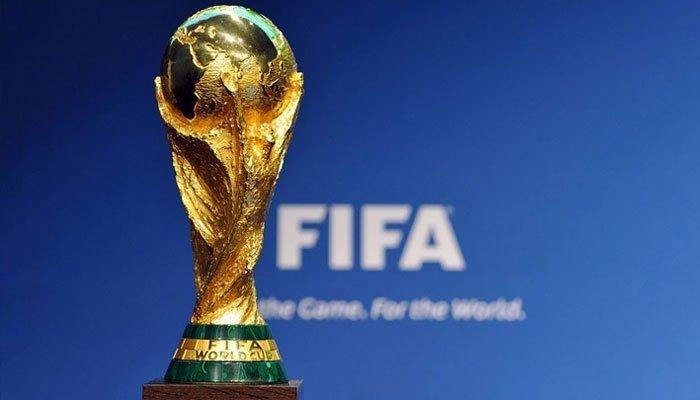
Forty-eight teams will compete in the upcoming United States, Canada, and Mexico will host the World Cup, a significant increase from the 32 teams who competed in Qatar last year.
The updated structure "minimizes the danger of collusion, ensures that all teams play a minimum of three matches, and provides balanced recovery time between competing teams," according to FIFA.
It denotes that 104 matches will occur, a significant increase over the 64 games played in the 2022 World Cup and even more partners than the 80 initially planned for the 2026 World Cup.
Did you read this?
FIFA initially planned sixteen groups of three teams for the 2026 World Cup, with the top two teams advancing to the semifinals round of 32.
Under the new format, the eight best third-place teams and the top two teams from each group will proceed to the knockout round.
The finalist teams, together with the third and fourth-place teams, will thus play eight games instead of the current seven.
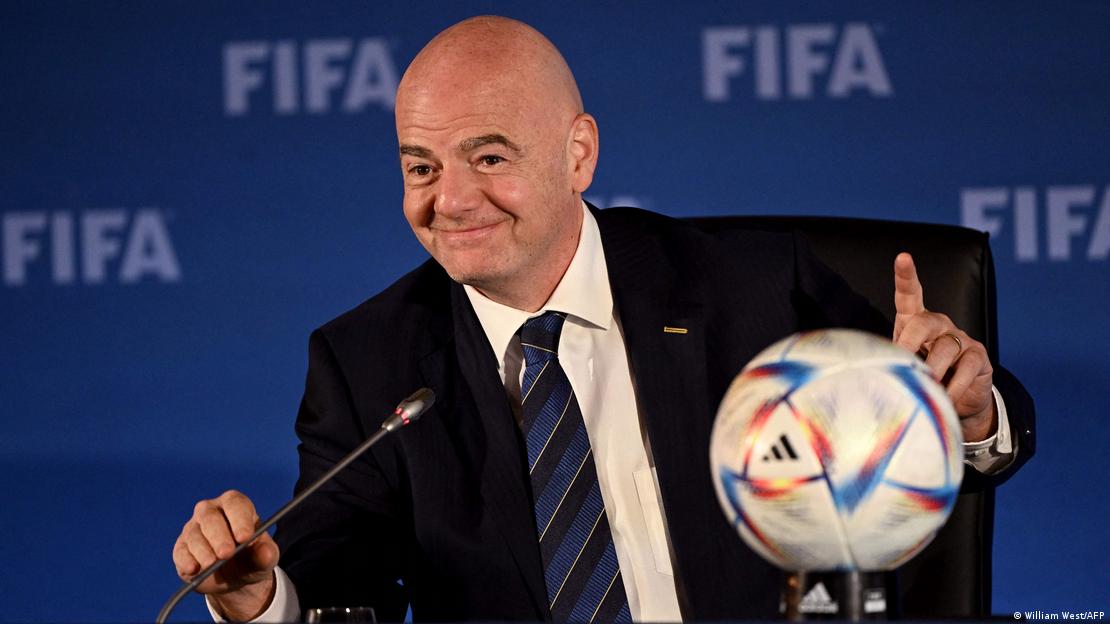
FIFA decided on the tournament's exciting and entertaining group stage in Qatar. In December, Gianni Infantino, the president of FIFA, claimed that the groups of four were "simply spectacular" until the very last minute of the final game.
The FIFA Meeting occurred at the time of the meeting in the Rwandan capital Kigali, and the decision-making took place on Tuesday that the 2026 World Cup final for men will take place on Sunday, July 19.
According to FIFA, there will be 56 days between when clubs must stop playing and release players for international service and the championship game, which is the same as for the previous three competitions.
Yet, given that Qatar 2022 took place for 29 days only, the World Cup will likely be played over a longer time frame and persuaded the organization to revise its original 2026 plan.
In December, Gianni Infantino, the president of FIFA, claimed that the groups of four were "simply spectacular" until the very last minute of the final game.
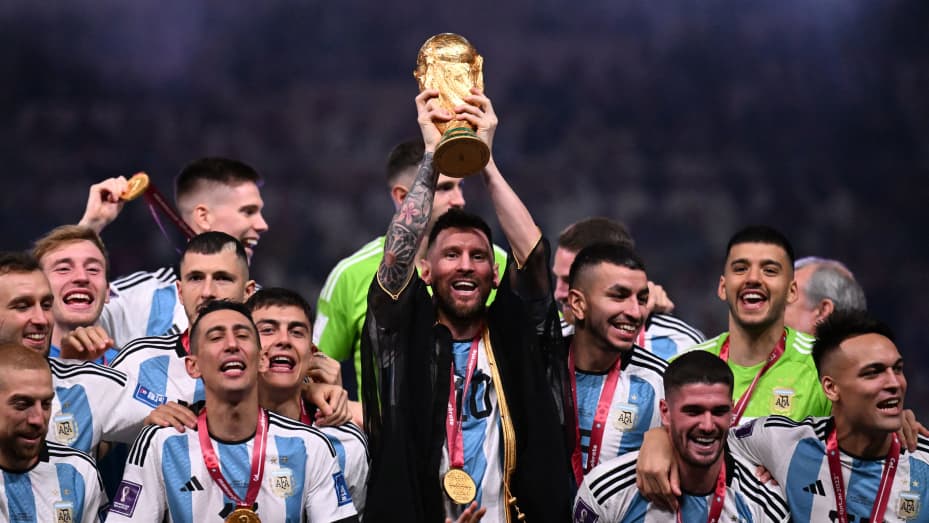
While the FIFA Council was in session in the Rwandan capital Kigali, the decision on Tuesday that the 2026 World Cup final for men would occur on Sunday, July 19.
According to FIFA, there will be 56 days between when clubs must stop playing and release players for international service and the championship game, which is the same as for the previous three competitions.
Yet, given that Qatar 2022 was only hosted for 29 days, the World Cup will likely be played over a longer time frame.
Club World Cup Expansion
Although he is running unopposed for re-election at the FIFA Congress on Thursday, Infantino is anticipated to be sworn in for a new four-year term as president.
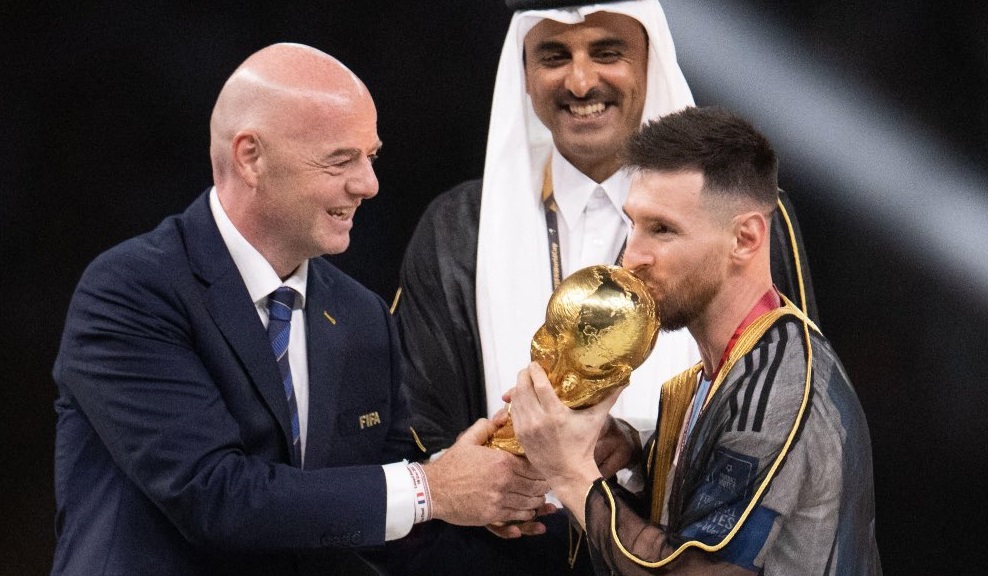
After being elected in 2016 to succeed the disgraced Sepp Blatter as the president of world football, Infantino made expanding the World Cup a principal aim.
Until it expanded to 32 teams in France four years later, the 1994 World Cup in the United States included just 24 units.
Compared to last year, when the finals were held in Qatar, there will be twice as many sites for the 2026 edition.
Including two in Canada and three in Mexico, there will be eleven venues in the USA.
FIFA forecasts a significant increase in revenue, from $7.5 billion in the four years up to 2022 to $11 billion in the cycle leading up to 2026.
The organization also anticipates increased revenue from a new 32-team Club World Cup.
FIFA said on Tuesday that the competition will begin in June 2025 and occur every four years, with qualifications determined by club rankings.
The current seven-team Club World Cup, which will be cancelled after the 2023 edition, will be replaced by an annual competition.
The six continental club champions will compete each year, and the competition will culminate in a match between the winner of the UEFA Champions League and the other team that won the play-off.
The yearly competition was authorized "given the necessity stated by the confederations for the champions of their premier club competitions to face one other annually to boost competition," according to FIFA.

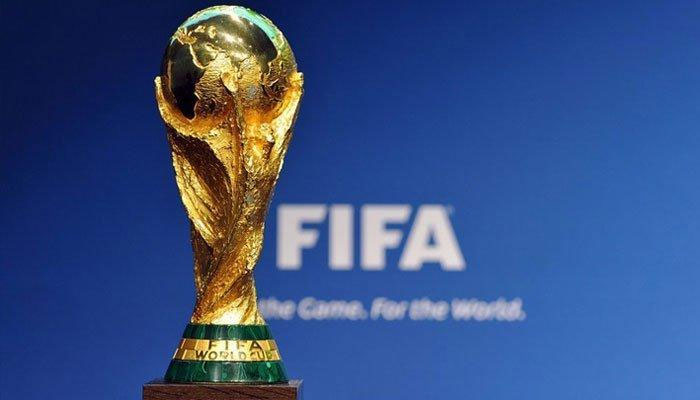
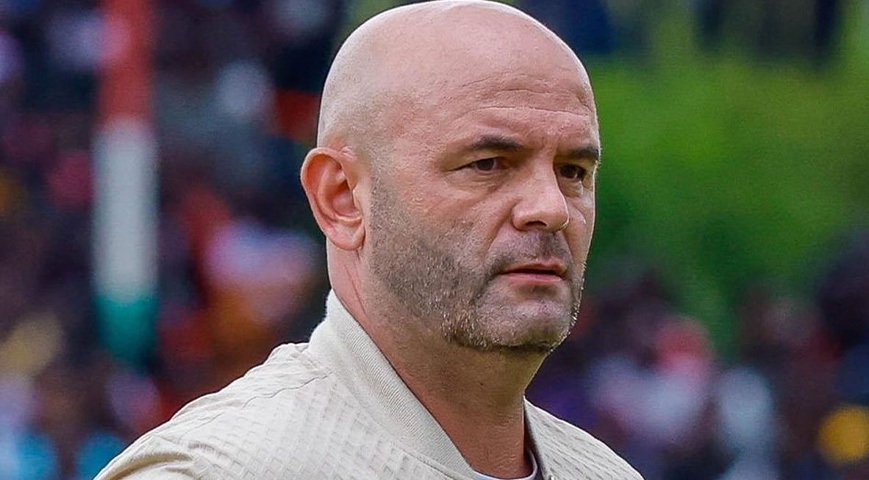
-1740810575.png)
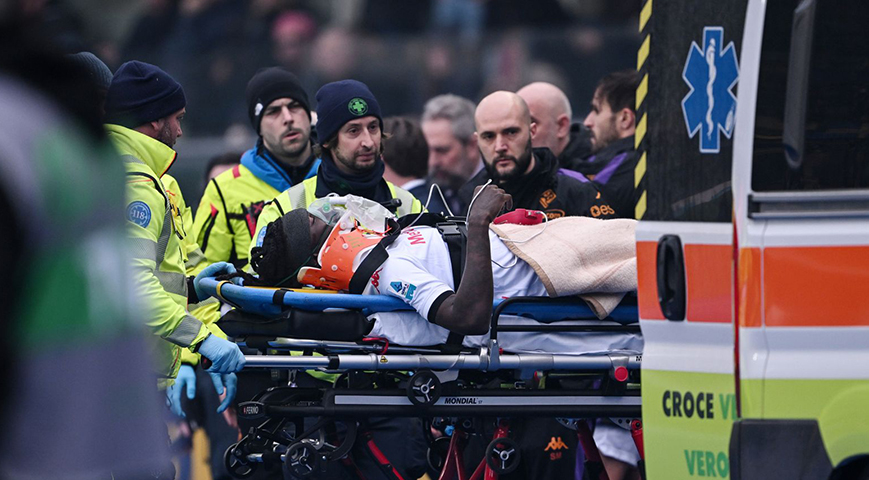
[1]-1740218631.jpg)






